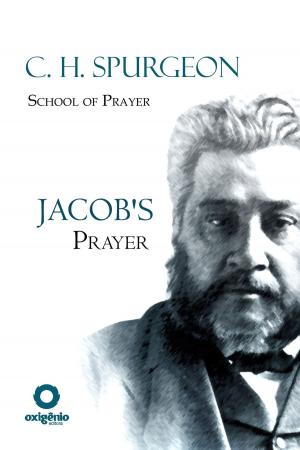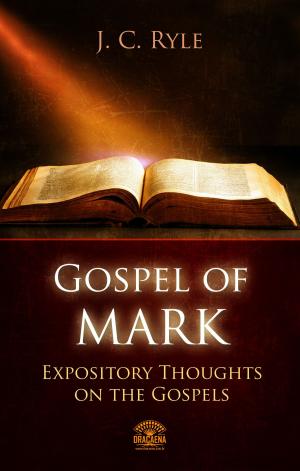Spiritual Resurrection
Nonfiction, Religion & Spirituality, Bible & Bible Studies, Bibles, Other Bibles, Study| Author: | Charles H. Spurgeon | ISBN: | 9788582181911 |
| Publisher: | Editora Oxigênio | Publication: | March 2, 2015 |
| Imprint: | Language: | Portuguese |
| Author: | Charles H. Spurgeon |
| ISBN: | 9788582181911 |
| Publisher: | Editora Oxigênio |
| Publication: | March 2, 2015 |
| Imprint: | |
| Language: | Portuguese |
This sermon preached by Charles Spurgeon invites us to meditate on God's presence. It is a heartfelt cry for divine help in times of distress. About the author: C. H. Spurgeon was to nineteenth-century England what D. L Moody was to America. Although Spurgeon never attended theological school, by the age of twenty-one he was the most popular preacher in London. He preached to crowds of ten thousand at Exeter Hall and the Surrey Music Hall. Then when the Metropolitan Tabernacle was built, thousands gathered every Sunday for over forty years to hear his lively sermons. In addition to his regular pastoral duties, he founded Sunday schools, churches, an orphanage, and the Pastor's College. He edited a monthly church magazine and promoted literature distribution. Sincerely and straightforwardly he denounced error both in the Church of England and among his own Baptists. An ardent evangelical, he deplored the trend of the day toward biblical criticism. This warm, fascinating story enduringly records Spurgeon's character and focuses light on different aspects of the man. The result is a lifelike picture of Spurgeon as he lived and labored for the Lord he loved.
This sermon preached by Charles Spurgeon invites us to meditate on God's presence. It is a heartfelt cry for divine help in times of distress. About the author: C. H. Spurgeon was to nineteenth-century England what D. L Moody was to America. Although Spurgeon never attended theological school, by the age of twenty-one he was the most popular preacher in London. He preached to crowds of ten thousand at Exeter Hall and the Surrey Music Hall. Then when the Metropolitan Tabernacle was built, thousands gathered every Sunday for over forty years to hear his lively sermons. In addition to his regular pastoral duties, he founded Sunday schools, churches, an orphanage, and the Pastor's College. He edited a monthly church magazine and promoted literature distribution. Sincerely and straightforwardly he denounced error both in the Church of England and among his own Baptists. An ardent evangelical, he deplored the trend of the day toward biblical criticism. This warm, fascinating story enduringly records Spurgeon's character and focuses light on different aspects of the man. The result is a lifelike picture of Spurgeon as he lived and labored for the Lord he loved.















